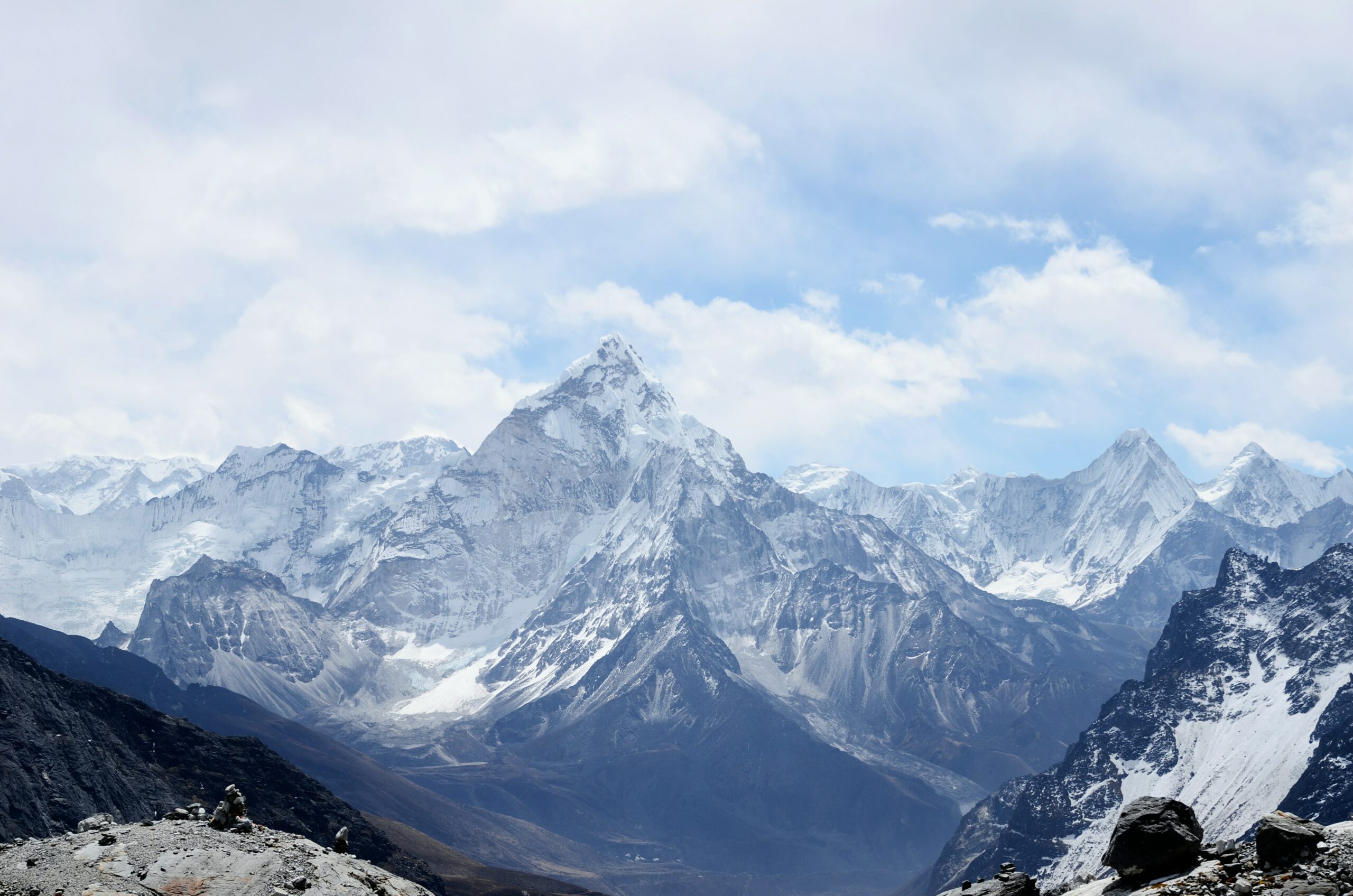Americas: ELN armed attacks against security forces likely to escalate in northeast Colombia
Sectors: all
Key Risks: violent clashes; targeted attacks; terrorism
In Colombia, on 20 February the mayor of Cucuta, Norte de Santander department, imposed a 48-hour curfew – starting 19:00 local time – after the National Liberation Army (ELN) guerrilla group attacked police stations with assault rifles and grenades, triggering clashes with the army and injuring six people. Between 19 and 24 February, the ELN launched multiple assaults on military outposts, police stations and road infrastructure. On 16 January the ELN launched an offensive against demobilised former FARC rebels in the Catatumbo region, accusing them of rearming. The attacks triggered violent clashes with the 33rd Front of dissident former FARC rebels in which 80 people have been killed and 50,000 displaced, spreading to the region’s capital since. The risk of clashes between the ELN and security forces will remain heightened in the coming weeks, with Cucuta being particularly susceptible to further attacks.
Click here to access Colombia’s Global Intake country profile.
Asia Pacific: Students in Bangladesh inaugurate new National Citizens Party amid chronic unrest
Sectors: all
Key Risks: political instability; political uncertainty
In Bangladesh, on 28 February leaders of the Students Against Discrimination (SAD) movement, which ousted former prime Minister Sheikh Hasina on 5 August 2024, established and inaugurated a new political party, known as the Jatiya Nagorik Party, or National Citizens Party (NCP). The party is the first student-led political group in the country’s history, and has nominated Nahid Islam, a former adviser to the incumbent interim government, as its leader. The NCP has declared that it would seek to avoid partisan politics and instead pursue an anti-authoritarian constitution that emphasises inclusiveness, equality, justice and adequate governance. While national elections are not expected to be held before late 2025, and heightened risks of political instability and political violence are highly likely to persist in the meantime, the forecast allows the NCP sufficient time to campaign and clarify its positions on key policies.
Click here to access Bangladesh’s Global Intake country profile.
Eurasia: European leaders rally to back Ukraine amid escalating spat with US
Sectors: all
Key Risks: war-on-land
On 2 March the UK and France pledged to work with Ukraine on a ceasefire proposal to present to the US, as European leaders rushed to salvage peace talks and act as intermediaries amid a deepening feud between Washington and Kyiv. This came after on 28 February a meeting between US President Donald Trump and Ukrainian President Volodymyr Zelensky at the White House ended in a disastrous public spat during a live press coverage. Zelensky challenged Trump’s alleged failure to back Kyiv and provide security guarantees, while Trump accused Zelensky of not being “thankful” for US aid. Zelensky left Washington without signing a key minerals deal with the US after Trump cut their meeting short. Subsequently, France proposed an initial one-month partial ceasefire – covering air, sea and infrastructure – to verify Russia’s intentions. Tensions remain high and peace efforts will be hampered by divisions.
Click here to access Ukraine’s and here to access Russia’s Global Intake profile.
Europe: Austrian President van der Bellen swears in new three-way government
Sectors: all
Key Risks: political stability
In Austria, on 3 March President Alexander van der Bellen swore in a three-party government of the Conservative People’s Party (OVP), Social Democrats (SPO) and the liberal Neos party following months of negotiations after the September 2024 parliamentary election. This was the second attempt of the three parties to form a government, sidelining the Freedom Party (FPO) of Herbert Kickl which won the September vote. The first attempt collapsed due to budget disputes, resulting in Kickl receiving a mandate to form a coalition – which failed in early February following intense negotiations with the OVP. OVP’s second attempt to form a government with SPO and Neos succeeded due to a budget compromise. While this will improve political stability in the country, the new government is likely to prove fragile due to programmatic differences.
Click here to access Austria’s Global Intake country profile.
MENA: Iran’s Parliament impeaches Economy Minister amid economic crisis
Sectors: political; economic
Key risks: economic risks; political stability; political polarisation; governance
In Iran, on 2 March Parliament impeached Economy Minister Abdolnaser Hemmati due to his handling of the country’s worsening economic crisis. Lawmakers accused Hemmati of failing to curb inflation, stabilise the rial and address rising public discontent. President Masoud Pezeshkian’s administration is facing mounting pressure as US sanctions, declining oil revenues and economic mismanagement exacerbate the crisis. Internal divisions between reformists and hardliners are likely to intensify, with hardliners seeking to shift blame onto Pezeshkian’s cabinet. Cabinet reshuffles or policy changes are expected as Pezeshkian attempts to alleviate pressure, though meaningful reforms are likely to be constrained by hardliner resistance. As a result, public frustration will increase the likelihood of protests and strikes, particularly if the government imposes new austerity measures. Management of economic grievances will be crucial in avoiding wider instability in the coming months.
Click here to access Iran’s Global Intake country profile.
Sub-Saharan Africa: Prospects of negotiated agreement in DRC increasingly grim
Sectors: all
Key risks: war-on-land; internal conflict
In Democratic Republic of Congo (DRC), on 1 March the government claimed that a video showing the handing over of 20 Democratic Forces for the Liberation of Rwanda (FDLR) fighters to Rwanda was staged after March 23 Movement (M23) claimed it had captured members of the ethnic Hutu extremist group in DRC military uniforms. The FDLR’s involvement in the 1994 Rwanda genocide and the Congolese army’s links to them have been leveraged by Kigali to justify support of M23’s activity in eastern DRC. The dispute between the countries followed exchanges of blame for a 26 February explosion during an M23 rally in Bukavu, South Kivu province, in which 13 people were killed – with the Congolese government and rebel group accusing one another. It represents a tenuous situation in which a negotiated end seems less likely over time.



